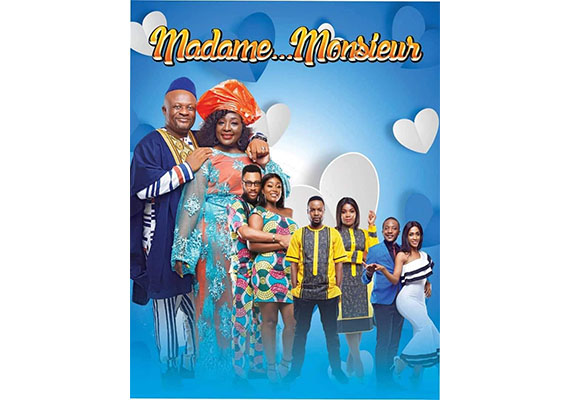Female leadership and soft power, who rules better?

In the corporate world, mastering the art of leading is very important. Getting to "know" your followers and their various challenges as well as respecting them in return creates a better atmosphere for productivity and good results.
Soft skills, also known as power skills, (soft power) are ways of thinking and being that allow us to manage our own mental health as well as interact with and navigate through social situations with others. Some examples of soft skills include: Understanding personal bias. Decision making. Soft power is the ability to shape the preferences of others, according to the man who coined the term in the 1980s—Joseph Nye Jr., a distinguished service professor at Harvard University. He said in a speech before the Centre for Public Leadership in 2004, that "Smart executives know that leadership is not just a matter of issuing commands, but also involves leading by example and attracting others to do what you want." For many years now, there has been the question of knowing whether or not women in leadership positions have greater success as leaders than men, given that women use soft power to lead. To find out who rules better or which method works better, we will check out some points below.
Traits of female leadership lead to better results. In 2015, Corinne Post conducted a study that showed that female-led teams scored higher on cohesion, cooperative learning, participative communication, and that the female leadership advantage widened when the coordination requirements were higher.
Female leadership styles and traits are preferred by the general population. A study by Deloitte in 2018 states that “modern leaders should look to balance hard and soft power traits.” Being communicative, flexible, and patient- soft power traits which are usually considered feminine were among the five most important factors for strong leadership.
Female-led nations are perceived to be significantly better in relation to three key themes: stability, safety and security, and trust and ethics- when it comes to strong and stable economy, acts to protect the environment, good relations with other countries, appealing lifestyle, political stability, strong educational systems, high ethical standards and low corruption.
At this end, it is important for us to understand the difference between soft power and the hard power of coercion and threats. A social psychologist and author of The Power Paradox: How We Gain and Lose Influence (Penguin Press, 2016), Derchat Keltner, said that "Coercive power forces people to do things. Soft power inspires them. Soft power relies on generosity and empowerment rather than harm and manipulation. It depends upon empathy, compassion and respect." So now, according to you, female leadership with soft power and male leadership with hard power, who rules better?










